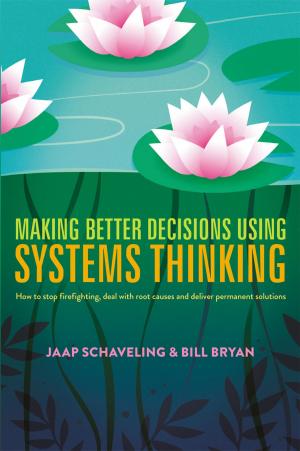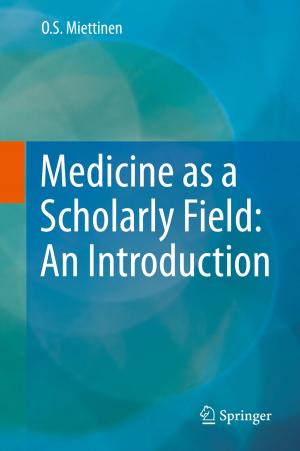The Wild Oryza Genomes
Nonfiction, Science & Nature, Science, Biological Sciences, Botany, Technology, Agriculture & Animal Husbandry| Author: | ISBN: | 9783319719979 | |
| Publisher: | Springer International Publishing | Publication: | February 15, 2018 |
| Imprint: | Springer | Language: | English |
| Author: | |
| ISBN: | 9783319719979 |
| Publisher: | Springer International Publishing |
| Publication: | February 15, 2018 |
| Imprint: | Springer |
| Language: | English |
This book focuses on the latest genome sequencing of the 25 wild Oryza species, public and private genomic resources, and their impact on genetic improvement research. It also addresses the untapped reservoir of agronomically important traits in wild Oryza species. Rice is a model crop plant that is frequently used to address several basic questions in plant biology, yet its wild relatives offer an untapped source of agronomically important alleles that are absent in the rice gene pool.
The genus Oryza is extremely diverse, as indicated by a wide range of chromosome numbers, different ploidy levels and genome sizes. After a 13-year gap from the first sequencing of rice in the 2002, the genomes of 11 wild Oryza species have now been sequenced and more will follow. These vast genomic resources are extremely useful for addressing several basic questions on the origin of the genus, evolutionary relationships between the species, domestication, and environmental adaptation, and also help to substantiate molecular breeding and pre-breeding work to introgress useful characters horizontally from wild species into cultivated rice.
This book focuses on the latest genome sequencing of the 25 wild Oryza species, public and private genomic resources, and their impact on genetic improvement research. It also addresses the untapped reservoir of agronomically important traits in wild Oryza species. Rice is a model crop plant that is frequently used to address several basic questions in plant biology, yet its wild relatives offer an untapped source of agronomically important alleles that are absent in the rice gene pool.
The genus Oryza is extremely diverse, as indicated by a wide range of chromosome numbers, different ploidy levels and genome sizes. After a 13-year gap from the first sequencing of rice in the 2002, the genomes of 11 wild Oryza species have now been sequenced and more will follow. These vast genomic resources are extremely useful for addressing several basic questions on the origin of the genus, evolutionary relationships between the species, domestication, and environmental adaptation, and also help to substantiate molecular breeding and pre-breeding work to introgress useful characters horizontally from wild species into cultivated rice.















